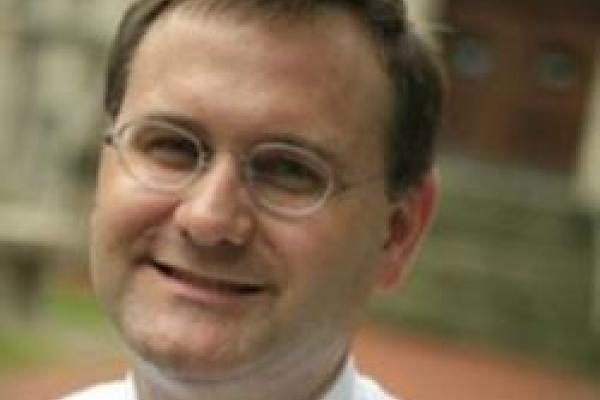
Fri, February 22, 2013
2:30 pm - 4:00 pm
143 University Hall (University Museum)
Inaugural talk as full professor in the Department of Classics
This talk clears out the mythology of Paul's Neronian travails in order to give a good hard look at what we do know about early Christian communities in Rome and the way the later fictions and legends about Paul and Nero get built on and exploited by later writers, in such apocryphal tales as "The Martyrdom of St. Paul" (ca. 190), and "The Correspondence of Paul and Seneca" (4th century). My thesis is that Christian writers in late antiquity exploited the tales of Nero's purges as a site for remaking Paul into a martyr and ultimately a Roman hero, who by the fourth-century had replaced Romulus as the "second" founder of the city.
